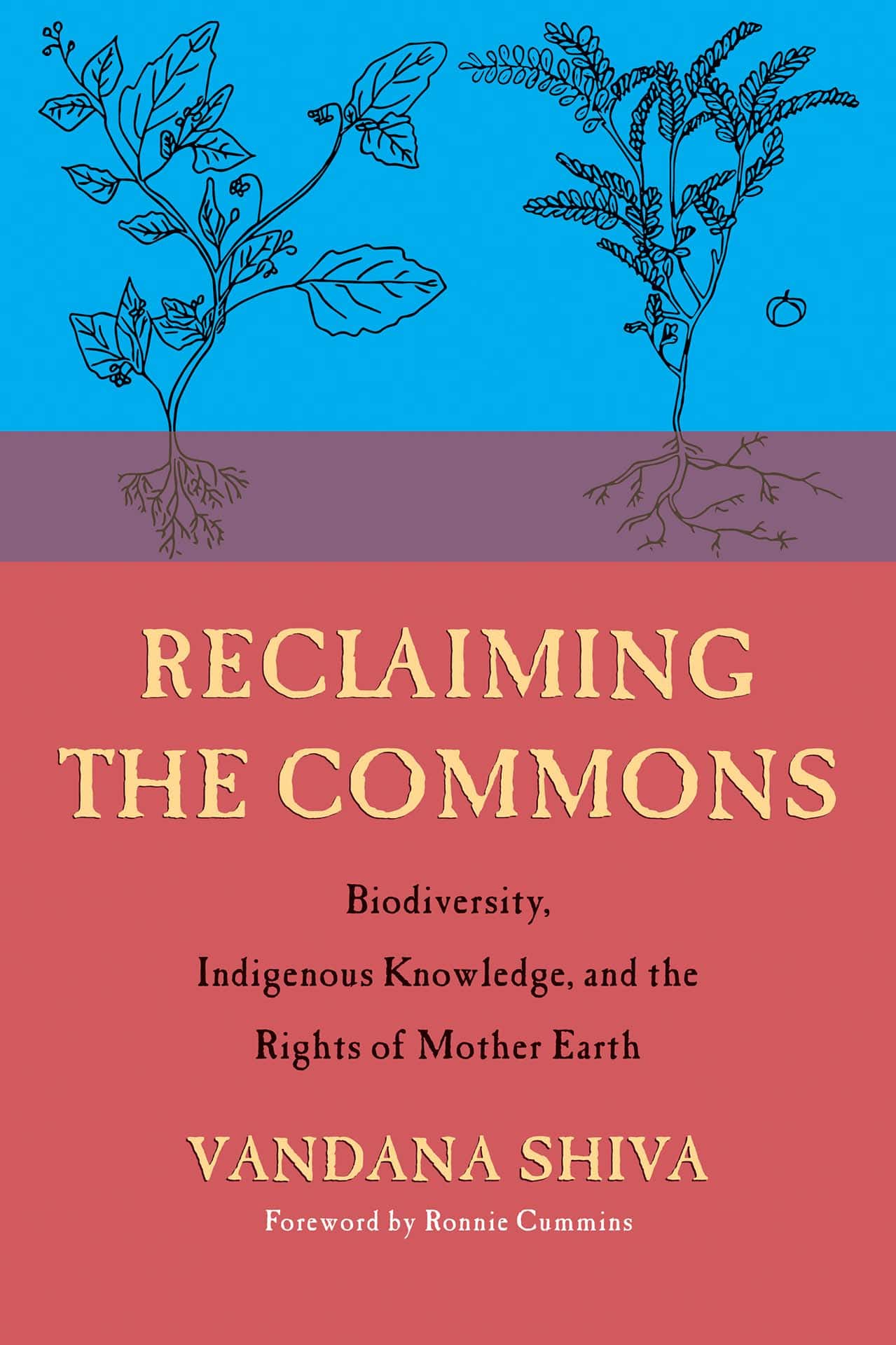What is Ecofeminism?
Ecofeminism is a branch of feminism that recognizes the relationship between the destruction of the environment, and the marginalization of women. According to ecofeminists, the exploitation of nature and the oppression of women are inextricably connected, symptoms of the same foundational energy: masculine dominion and exertion of power.
One of the strongest cases for this assertion can be found in the very words of the “Father of Modern Science” himself, Francis Bacon. Bacon, a major figure of the scientific revolution, is credited with developing the scientific method.
Around the end of the 16th century, Bacon wrote at great length about human dominion over nature in a manner that squarely identifies nature as feminine and the pursuit of knowledge as masculine. In an excerpt from Restoring the Soul of the World: Our Living Bond with Nature’s Intelligence, author David Fideler examines the “shocking” imagery Bacon uses to illustrate how humans would subjugate nature.
Of his proposed scientific method of inquiry, Bacon said it wouldn’t “merely exert a gentle guidance over nature’s course,” but would “have the power to conquer and subdue her, to shake her to her foundations.” As a result, nature would be rendered the “slave of mankind,” ushering in a “truly masculine birth of time,” will be ushered in.
As Fideler points out, Bacon seems guided by the notion that the “only reason for experimentation in the first place is to gain power over the world.”
Colonial Rejection of Nature As a Goddess
Bacon was not the only scientist of his time to view nature as a conquest.
In the Yes Magazine article “Everything I Need to Know I Learned in the Forest,” ecofeminist and environmental advocate Vandana Shiva uses Robert Boyle, a 17th-century chemist and governor of the Corporation for the Propagation of the Gospel Among the New England Indians, as an example of how indigenous perspectives on nature were suppressed by colonizers. She writes:
He attacked their perception of nature “as a kind of goddess” and argued that “the veneration, wherewith men are imbued for what they call nature, has been a discouraging impediment to the empire of man over the inferior creatures of God.”
For Shiva, this worldview transforms the earth from a vibrant, living being, to “dead matter” that justifies the exploitation and manipulation of nature. “After all,” she writes, “if the Earth is merely dead matter, then nothing is being killed.”
This notion of separateness between man and nature turned earth into “empty land, ready for occupation,” paving the way for the Industrial and Green Revolutions.
The Masculinization of Agriculture
Agriculture and the rise of sedentary villages and towns were feminine creations. But civilization and warfare were not; they spelled the end for the Great Mother. — William Erwin Thompson, The Time Falling Bodies Take to Light: Mythology, Sexuality and the Origins of Culture
In rural farming communities, women are the primary custodians of crop varieties. In her essay “Monoculture, Monopolies, Myths and the Masculinization of Agriculture,” Shiva writes that “women farmers have been the seed keepers and seed breeders for over millennia,” and play a central role as “knowers, producers, and providers of food.”
Today, agricultural globalization has allowed for multinational corporations to gain control of land, knowledge, and innovation belonging to indigenous communities, and the women at the forefront, in developing countries. Biotechnology corporations such as Monsanto destroy biodiversity in these communities through monocropping, the practice of growing large amounts of a single crop in a field, which has been shown to have detrimental effects on the land. They have replaced renewable, diverse seed varieties with GMOs and hybrid seeds.
Through Intellectual Property Right systems, which favor Western notions of private property, corporations patent and monopolize seeds and traditional knowledge systems that those communities have relied on for decades, destroying the livelihoods of farmers in the process.
From the ecofeminist perspective, this maltreatment of the earth and its stewards is a feminist concern. Genetic engineering and Intellectual Property Right regimes will rob Third World women of their “creativity, innovation and decision-making power in agriculture” says Shiva. In their book Ecofeminism, Shiva and Maria Mies say that it is the “same masculinist mentality which would deny us our right to our own bodies and our own sexuality, and which depends on multiple systems of dominance and state power to have its way.”
Shiva characterizes agricultural globalization as masculine due to the “war mentality underlying military-industrial agriculture.” The destruction of biodiversity and farmers’ rights to exchange and share seeds is intrinsically violent, she argues, against “nature’s biodiversity and women’s expertise.”
The Western worldview equates femininity with passivity, and therefore something to be dominated, says Shiva in her book Staying Alive: Women, Ecology, and Development. But in the Third World, women and nature are “associated not in passivity but in creativity and the maintenance of life,” she writes.
Western women, who lack the harmonious communion with nature their Third World sisters experience, may find it difficult to “perceive commonality between their own liberation and the liberation of nature,” write Shiva and Mies. The Western women’s movement still operates within a capitalist, patriarchal paradigm, fastening its “hopes on the progress of science and technology.”
 Reclaiming the Commons
Reclaiming the Commons
Dr. Vandana Shiva has dedicated her life to protecting biodiversity, farmers, and small communities. Since the mid-90s, she has promoted traditional knowledge and livelihoods, sustainable agriculture, and biodiversity conservation. She is the founder of Navdanya, a network of seed keepers and organic producers that provide training in sustainable agriculture.
Reclaiming the Commons is the latest in over 20 books authored by Shiva on biopiracy and environmental justice. It presents details on the specific attempts made by corporations to secure patents on nature, and the legal action taken against them. It is the first detailed legal history of the international and national laws related to biodiversity and international property rights.
Sources
https://womenjusticeecology.wordpress.com/2009/07/04/dr-vandana-shiva-and-feminist-theory/
http://www.compilerpress.ca/ElementalEconomics/Articles/Shiva%20Monocultures,%20Monopolies,%20Myths%20and%20the%20Masculinization%20of%20Agriculture%201999.pdf
https://www.yesmagazine.org/issue/nature/2019/05/03/vandana-shiva-seed-saving-forest-biodiversity/
Image credit: Bernard Gagnon
